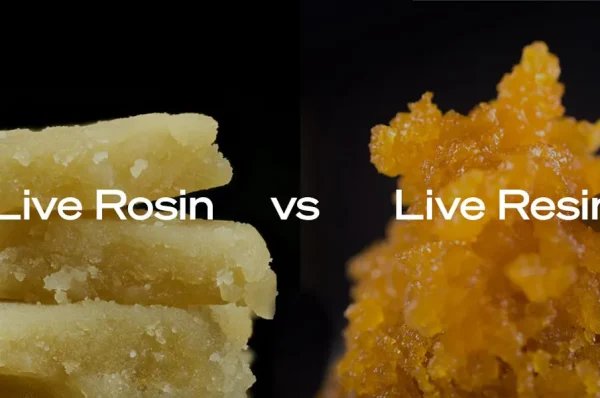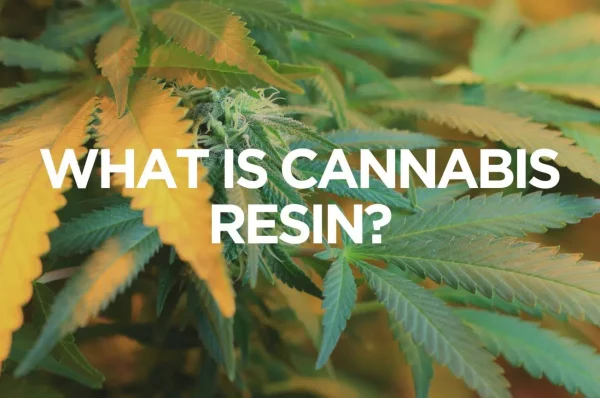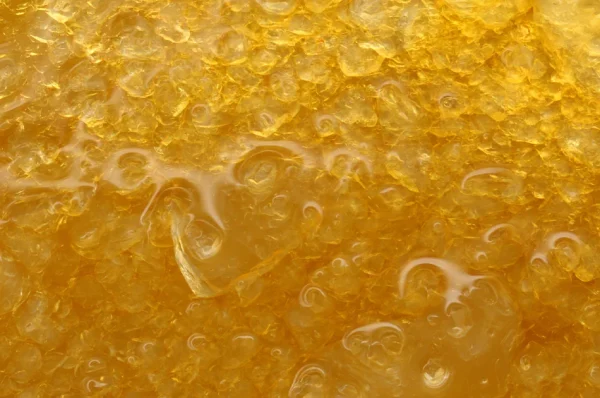Exploring THCA from Hemp: Chemical Traits, Medicinal Use, and Psychoactive Properties
In recent years, the cannabis industry has seen remarkable innovation and growth, particularly in the extraction and study of specific cannabinoids. Among these, Tetrahydrocannabinolic acid (THCA) has captured the interest of researchers, medical professionals, and cannabis enthusiasts alike. Derived from hemp plants, THCA is a non-psychoactive precursor to delta-9-tetrahydrocannabinol (THC), the compound primarily responsible for the ‘high’ associated with marijuana. This blog post delves into the chemical characteristics of THCA, its medicinal potential, and its psychoactive properties.
Chemical Traits of THCA
THCA is a cannabinoid, a type of compound found uniquely in the cannabis plant. In its raw form, cannabis contains THCA, which is non-psychoactive. The compound is biosynthesized in trichomes, the resin glands of the cannabis plant, where it serves as a precursor to THC. The molecular structure of THCA includes a carboxyl group (COOH), which is pivotal to its chemical properties and differentiates it from THC.
When cannabis is aged or heated (a process known as decarboxylation), THCA loses its carboxyl group and converts into THC, gaining psychoactive properties in the process. However, in its original state, THCA is not only non-psychoactive but also exhibits unique properties that have sparked interest in its therapeutic potential.
Medicinal Use of THCA
The medicinal benefits of THCA are becoming increasingly acknowledged, though research is still in the early stages. The compound has shown potential in a variety of applications, largely due to its anti-inflammatory and neuroprotective properties. Here are some areas where THCA is showing promise:
- Anti-Inflammatory: THCA has demonstrated significant anti-inflammatory properties, making it a potential treatment for conditions such as arthritis and lupus.
- Neuroprotective Effects: Some studies suggest that THCA could have neuroprotective benefits, potentially aiding in the treatment of neurodegenerative diseases like Parkinson’s and Alzheimer’s.
- Antiemetic Properties: THCA has been found to be a potent antiemetic, helping in the reduction of nausea and vomiting. This could be particularly beneficial for patients undergoing treatments like chemotherapy.
- Antiproliferative Effects: Preliminary research indicates that THCA may inhibit the proliferation of cancer cells, though more research is needed to fully understand this potential.
It’s important to note that while these findings are promising, most of the current knowledge about THCA’s medicinal benefits comes from preclinical studies. More research, particularly human clinical trials, is needed to fully understand its therapeutic potential and efficacy.
Psychoactive Properties
One of the most noteworthy aspects of THCA is its lack of psychoactive effects. Unlike THC, THCA does not produce the ‘high’ traditionally associated with cannabis. This is largely due to its inability to bind effectively to CB1 receptors in the brain, a key mechanism through which THC exerts its psychoactive effects.
This non-psychoactive nature makes THCA an attractive option for individuals seeking the potential therapeutic benefits of cannabis without the psychoactive effects. It allows users to potentially manage symptoms and conditions with minimal impact on daily functioning and cognition.
The Impact of Heat on THCA: Conversion to THC and Altered Psychoactive Properties
An interesting aspect of THCA is how it transforms when exposed to heat, a process known as decarboxylation. This chemical reaction is not only central to understanding the compound’s nature but also pivotal in how THCA-containing products are consumed and experienced, particularly in smoking or vaporizing.
Decarboxylation: The Transformation from THCA to THC
Decarboxylation is a chemical reaction that removes a carboxyl group from a molecule. In the context of cannabis, when THCA is heated, it loses a carbon dioxide molecule (CO₂) and converts into THC, its psychoactive counterpart. This process occurs at a significant rate when cannabis is burned, smoked, or vaporized, and also happens gradually when the plant material is aged or stored at high temperatures.
Smoking and Vaporizing THCA Products
When THCA-rich products, such as certain strains of hemp or concentrates, are smoked or vaporized, the intense heat rapidly decarboxylates THCA into THC. This means that although the raw product may not be psychoactive, the act of smoking or vaporizing it transforms it, producing psychoactive effects associated with THC.
Psychoactive Shift
This conversion fundamentally changes the experience of the user. While THCA itself does not bind effectively to the CB1 receptors and is not psychoactive, THC, its decarboxylated form, fits perfectly into these receptors, producing the well-known ‘high’. This includes altered perception, euphoria, heightened sensory experiences, and, in some cases, anxiety or paranoia.
Considerations for Consumers
For individuals seeking the therapeutic benefits of THCA without the psychoactive effects, it’s crucial to consider the method of consumption. Smoking or vaporizing may not be the ideal method if the goal is to avoid the psychoactive effects. Instead, methods that do not involve heat, such as consuming raw cannabis juices or using tinctures, might be more suitable.
For those looking to experience the psychoactive effects, understanding the process of decarboxylation is essential. It ensures that they are informed about the transformation that THCA undergoes and its implications on the potency and effects of the product they are using.
The conversion of THCA to THC through heat is a fascinating chemical process with significant implications for cannabis consumers. It underscores the complexity of cannabis as a plant and the cannabinoids it contains, offering a diverse array of experiences depending on how it is prepared and consumed. As the cannabis industry and research into cannabinoids continue to advance, understanding these processes becomes crucial for consumers and medical professionals alike, ensuring informed decisions and safe consumption.
Conclusion
THCA, with its unique chemical structure and potential medicinal benefits, represents an intriguing area of study within the field of cannabis research. Its anti-inflammatory, neuroprotective, antiemetic, and antiproliferative properties, coupled with its non-psychoactive nature, make it a compound of significant interest for both medical research and therapeutic application.
However, it’s crucial to approach the use of THCA with an understanding of its current research status. While preliminary studies are promising, comprehensive clinical trials are necessary to fully elucidate its efficacy and safety profile. As the cannabis industry continues to evolve, THCA will undoubtedly remain a key area of focus, potentially paving the way for new treatments and applications in the medical field.




